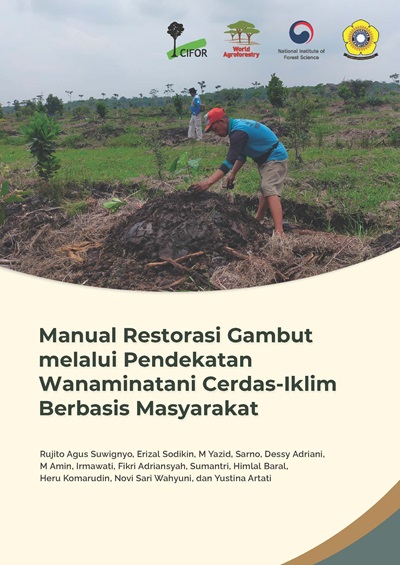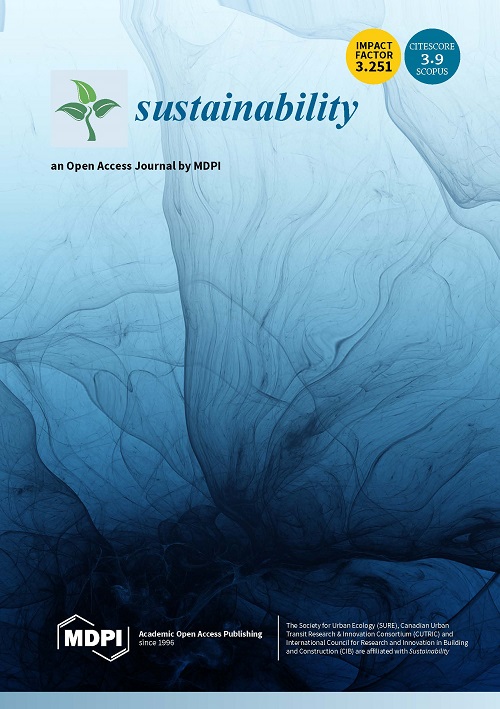Anthropogenic climate change has significant consequences for the sustainability and productivity of agroforestry ecosystems upon which millions of smallholders in the tropics depend and that provide valuable global services. We here consider the current state of knowledge of the impacts of climate change on tree genetic resources and implications for action in a smallholder setting. Required measures to respond to change include: (1) the facilitated translocation of environmentally-matched germplasm across appropriate geographic scales, (2) the elevation of effective population sizes of tree stands through the promotion of pollinators and other farm management interventions; and (3) the use of a wider range of plastic species and populations for planting. Key bottlenecks to response that are discussed here include limitations in the international exchange of tree seed and seedlings, and the absence of wellfunctioning delivery systems to provide smallholders with better-adapted planting material. Greater research on population-level environmental responses in indigenous tree species is important, and more studies of animal pollinators in farm landscapes are required. The development of well-functioning markets for new products that farmers can grow in order to mitigate and adapt to anthropogenic climate change must also consider genetic resource issues, as we describe.
DOI:
https://doi.org/10.1007/s10457-010-9302-2
Altmetric score:
Dimensions Citation Count:
























